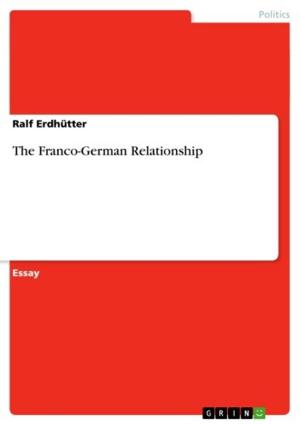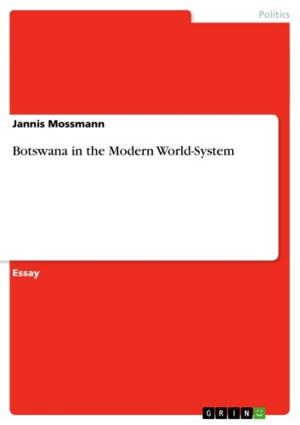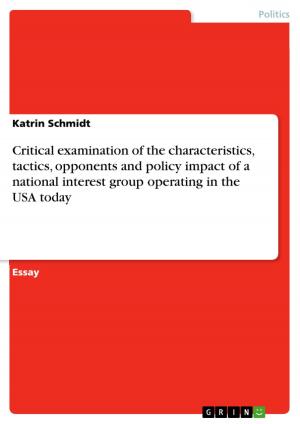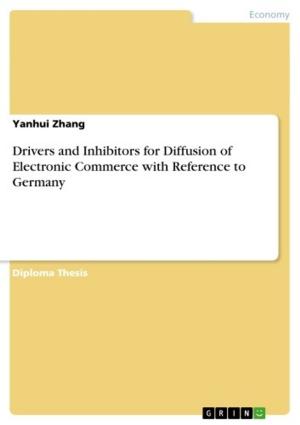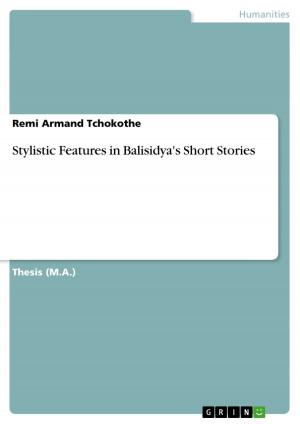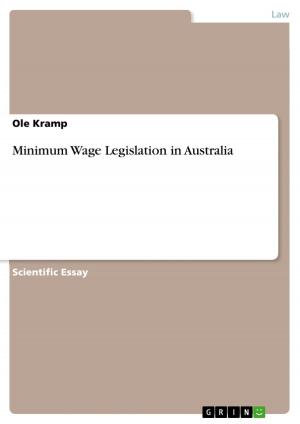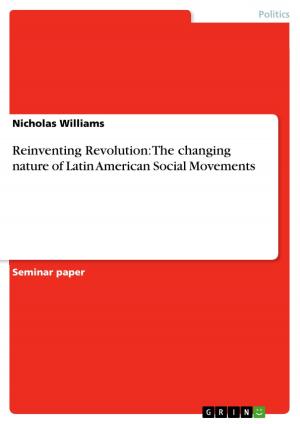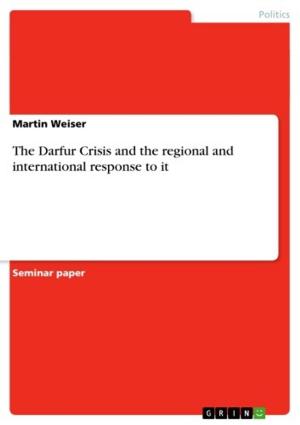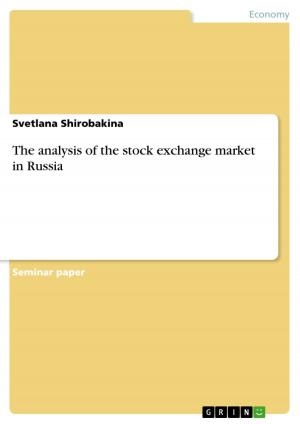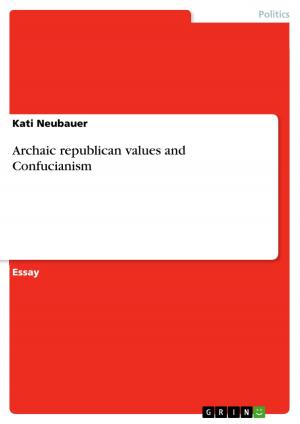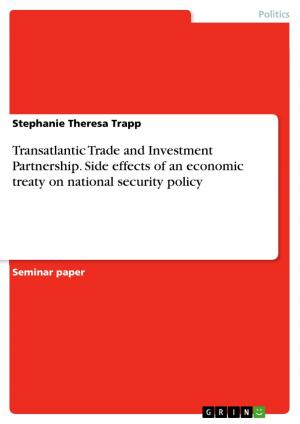Further Development of Renminbi's Exchange Rate Regime after Joining the WTO
Business & Finance, Economics, Money & Monetary Policy| Author: | Long Yuan | ISBN: | 9783640808410 |
| Publisher: | GRIN Publishing | Publication: | January 24, 2011 |
| Imprint: | GRIN Publishing | Language: | English |
| Author: | Long Yuan |
| ISBN: | 9783640808410 |
| Publisher: | GRIN Publishing |
| Publication: | January 24, 2011 |
| Imprint: | GRIN Publishing |
| Language: | English |
Diploma Thesis from the year 2010 in the subject Economics - Monetary theory and policy, grade: 2,7, University of Trier, language: English, abstract: Since 2002, China's rapid growth and the trend of globalization have forced China to face its currency's regime development. Although Chinese central bank in 2005 announced to adjust its regime towards basket policy, Yuan has been pegged to USD while maintained undervalu-ation and trade surplus in the following years, which led to global criticism and pressure to revalue. Under such circumstance, the discussion around Yuan has shifted towards whether Chinese currency regime should be more flexible, abandoning the old argument that how much Yuan should revalue. This essay provides a study regarding the future of RMB, based on analysis of Yuan's development before and after entering WTO, and the pros and cons of Yuan's regime during China's development. Also, this article also draws insights from the development of capital export and restriction, high saving rate and huge foreign reserves. Based on the analysis, the article reaches the conclusion: considering the huge negative impact on China's economy should Yuan revaluate, it is not realistic to expect Yuan to raise sharply in the near future; if China is to allow Yuan to revalue, the most possible course of action is to implement some extra financial polices to reduce the impact.
Diploma Thesis from the year 2010 in the subject Economics - Monetary theory and policy, grade: 2,7, University of Trier, language: English, abstract: Since 2002, China's rapid growth and the trend of globalization have forced China to face its currency's regime development. Although Chinese central bank in 2005 announced to adjust its regime towards basket policy, Yuan has been pegged to USD while maintained undervalu-ation and trade surplus in the following years, which led to global criticism and pressure to revalue. Under such circumstance, the discussion around Yuan has shifted towards whether Chinese currency regime should be more flexible, abandoning the old argument that how much Yuan should revalue. This essay provides a study regarding the future of RMB, based on analysis of Yuan's development before and after entering WTO, and the pros and cons of Yuan's regime during China's development. Also, this article also draws insights from the development of capital export and restriction, high saving rate and huge foreign reserves. Based on the analysis, the article reaches the conclusion: considering the huge negative impact on China's economy should Yuan revaluate, it is not realistic to expect Yuan to raise sharply in the near future; if China is to allow Yuan to revalue, the most possible course of action is to implement some extra financial polices to reduce the impact.

